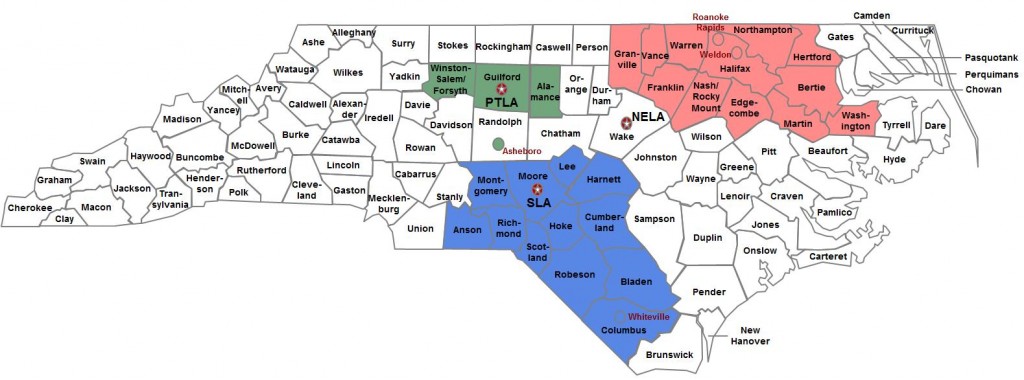Preparing Turnaround Principals: North Carolina’s Regional Leadership Academies
February 13, 2013
Developing school leaders who are equipped with the knowledge, skills, and dispositions needed to effectively lead low-performing schools has become a critical goal for local education agencies (LEAs) intent on dramatically improving student outcomes. North Carolina’s Race to the Top (RttT) plan acknowledges the pressing need for high-quality leadership in low-achieving schools; the component of the plan that focuses on ensuring equitable distribution of high-quality teachers and leaders identifies, among other things, a need for increasing the number of principals qualified to lead transformational change in low-performing schools in both rural and urban areas.
As discussed during the Hunt Institute’s 10th annual North Carolina Legislators Retreat, the policy objective of North Carolina’s Regional Leadership Academies (RLA) initiative is to increase the number of principals qualified to lead transformational change in low-performing, high-need schools in both rural and urban areas – for example, preparing approximately 185 “turnaround principals” over three years. To meet this need, approximately $17.5M of the state’s RttT funds support three RLAs, each of which has laid out a clear set of principles about leadership and leadership development. These programs provide a new model for the preparation, early career support, and continuous professional development of school leaders and serve partnering LEA collaboratives.
One year before RttT funding was available, the Northeast Leadership Academy was established in 2010 as a two-year program based at North Carolina State University. It leads to NC Principal Licensure and an MSA degree, and serves more than 70,300 students in 14 LEAs in Northeast North Carolina.
The Piedmont Triad Leadership Academy was established in 2011 as a one-year program based at the University of North Carolina at Greensboro. It leads to NC Principal Licensure and 24 graduate-level credits, and serves more than 150,600 students in the Piedmont Triad Education Consortium and 4 LEAS in North-central North Carolina.
In 2001, the Sandhills Leadership Academy was established as a one-year program founded by the Sandhills Regional Education Consortium. This initiative leads to NC Principal Licensure and 18 graduate-level credits at UNC-Pembroke or Fayetteville State University and serves nearly 159,000 students in 13 South-central North Carolina LEAs.
The RLAs were created independently to meet the school leadership needs of three vastly different and very distinct regions of North Carolina, including large, urban and small, rural. As a result, each RLA is a unique program with its own partnerships, program philosophy, curriculum, coursework, and fieldwork. (Figure 1 shows the LEAs that are partnering with each RLA.)
Regions Served by the North Carolina Regional Leadership Academies
The three most essential features of effective leadership preparation programs are: (1) having a program philosophy that clearly articulates a theory of action, (2) having a strong curriculum focused on instruction and school improvement, and (3) having well-designed and integrated coursework and field work.
- Observational data and document analyses provide converging, consistent evidence that all three RLAs have utilized these central program features as organizing principles in designing, delivering, and deliberating their individual principal preparation programs, and that the fidelity of program design implementation has been strong.
- Data also indicate that the RLAs have been designed so that their content (i.e., core concepts to be taught), pedagogy (i.e., the means by which learning is facilitated), and experiences (i.e., the nature of coursework and fieldwork) reflect best practices for developing candidates into leaders who can facilitate high-quality teaching and learning for all children.
- Even though data on the long-term and indirect outcomes of the RLAs are not yet available, findings indicate that the RLAs have been deliberate, effective, and successful in developing and incorporating critical, research-based features into their programs: rigorous recruitment and selection; cohort-based experiences; an action-research, case-study curriculum focus; full-time, year-long clinical residency experience; weekly full-cohort, continued learning during the residency year; multifaceted support structure; job placement and induction support; and dynamic feedback and improvement loops.
RLA graduates and mentors have described their experiences as a life-changing journey where the focus is on finding passion and identity as an administrator and helping participants to get a true depiction of school leadership while in a university classroom setting.



